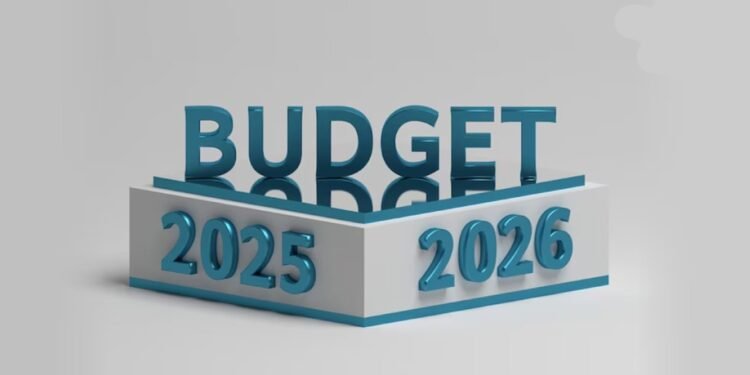The African Development Fund and Smart Africa Alliance have jointly launched a $1.5 million project to streamline digital trade and e-commerce policies across 10 African countries.
The Institutional Support for Digital Payments and e-Commerce Policies for Cross-Border Trade Project (IDECT) will evaluate policy gaps in the digital trade and e-commerce ecosystems of Côte d’Ivoire, Benin, Ghana, Liberia, Uganda, South Sudan, Zimbabwe, the Republic of Congo, São Tomé and Príncipe, and the Democratic Republic of Congo.
The project will see to the implementation of regional training and capacity-building programs focusing on cross-border e-payment and e-commerce for governments, private sectors, and Small and Medium Sized Enterprises (SMEs).
These programs are expected to reach 600 participants, with 60% being women and youth. Additionally, a certified gender-sensitive e-learning training program addressing the unique challenges faced by women in digital trade and e-commerce, will be developed and disseminated to 2,500 participants, of whom 60% will be women.
The agreement was signed a day ahead of the 2023 Transform Africa Summit which takes place in Victoria Falls, Zimbabwe.
Pivotal Step Towards Strengthening Africa’s Digital Trade
African Development Bank Director General for Southern Africa Region Leïla Mokaddem, described the IDECT as a pivotal step towards strengthening Africa’s digital trade and e-commerce landscape.
“This initiative will bolster the development of harmonized e-payment policies, capacity building, and gender-sensitive frameworks, ultimately fostering a digital trade ecosystem that generates employment opportunities across the continent.”
Leïla Mokaddem
Lacina Koné, CEO of Smart Africa, also hailed the project and its importance to the economic growth of the continent.
“The IDECT project demonstrates our commitment to fostering digital transformation and economic growth in Africa. By addressing policy gaps and promoting gender-sensitive training, we are laying the foundation for a thriving digital trade and e-commerce ecosystem.”
Lacina Koné
Recently, the Board of Directors of the African Development Fund approved a grant of $6.12 million to help strengthen public finance governance in low-income African countries.
The funding was for Phase 2 of the Regional Institutional Support Project in Public Finance Governance(RISPFG) which will be implemented by two pan-African institutions: the African Tax Administration Forum (ATAF) and the Collaborative Africa Budget Reform Initiative (CABRI).
The grant, which was formally approved on 3rd November 2022, will be distributed as follows: $3.90 million to support the continent’s tax administration reforms and domestic resource mobilisation efforts through support to ATAF and $2.22 million to support budget reforms and strengthen public finance management through CABRI.
The project was a follow-on to a first phase approved by the African Development Bank in 2016 and successfully closed in September 2021 with both institutions (ATAF and CABRI).
The project’s overall objective was to improve domestic resource mobilisation and public financial management in recipient countries, and help strengthen their efforts towards sustainable, inclusive growth and development.
READ ALSO: Ghana CSOs Most Vulnerable to Cyberattacks after Nigeria– WACSI Report























